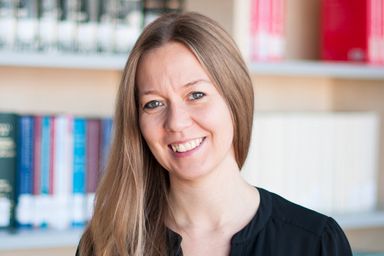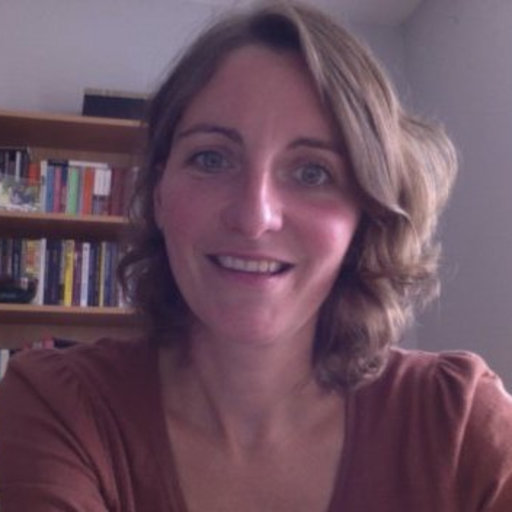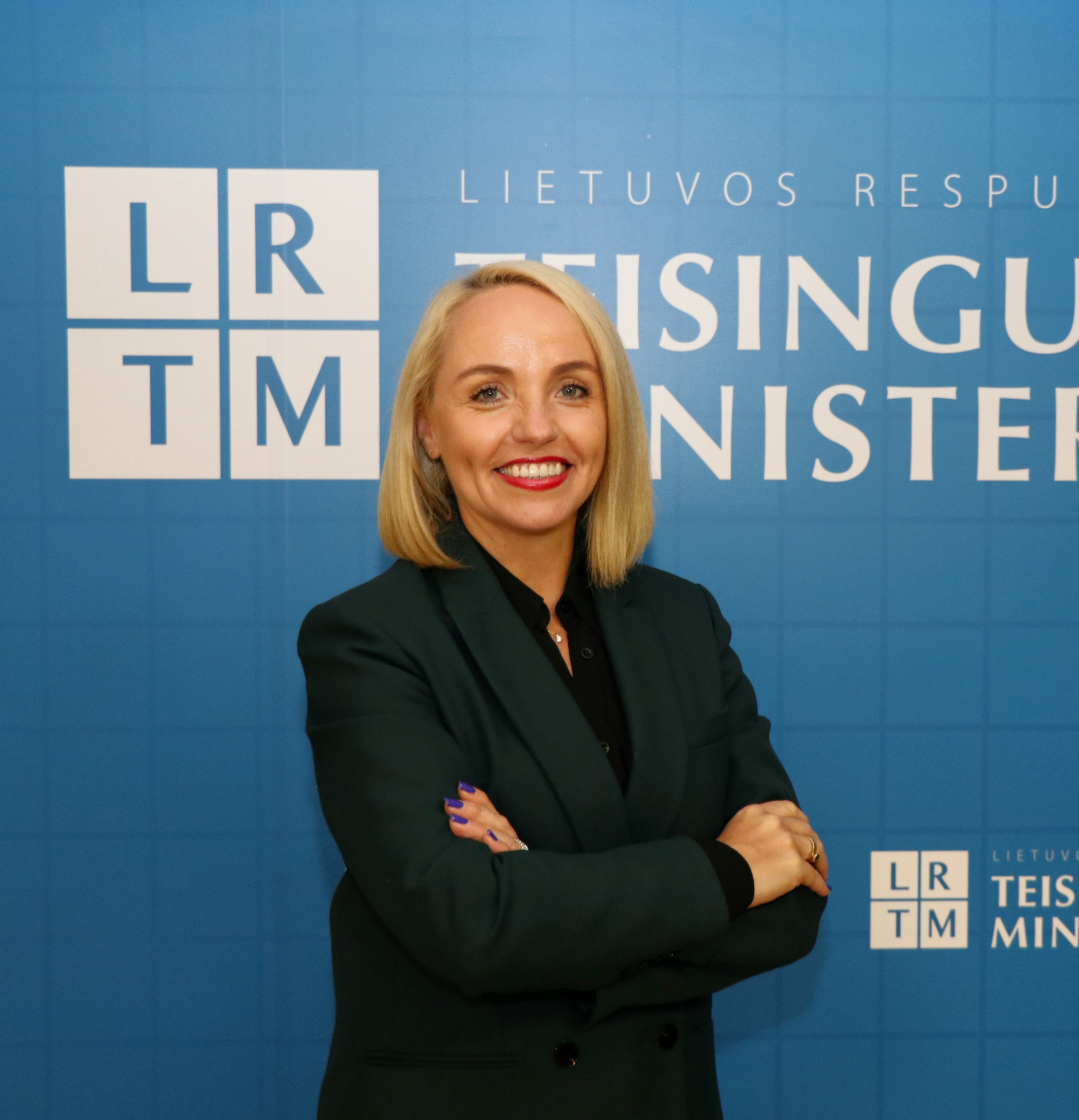Organisation
NOHA's mission is to increase the effectiveness and quality of humanitarian action through the provision of internationally recognised education, training and research. NOHA promotes intellectual debate and thinking with a solid base on humanitarian principles and professional and human values.
Vision & Mission
NOHA believes that humanitarian action must be an effective and ethical expression of human solidarity. This should be achieved by joining efforts through a professional and ethical management of humanitarian action by policy makers, managers, and humanitarian workers. NOHA is driven by the challenge to keep pace with the changes and complexities in and of the sector. It is guided by a strong vision on how education can effectively contribute to relieve the suffering of populations affected by crises and disasters.
Central to its growth and evolution was a core set of principles that places NOHA in a space equally shared by universities and humanitarian organisations; these are values such as academic rigor, shared learning, respect for peer institutions, and humility together with the humanitarian principles of neutrality, impartiality, independence, and humanity.
— NOHA seeks first and foremost to uphold human dignity, solidarity, service and self–empowerment of peoples in need, respect, dialogue, mutual understanding, joint/group spirit, and cooperation.
Organisation & Structure
NOHA General Assembly
The General Assembly is the highest authority of the Association. It has full powers allowing the purpose of the Association to be fulfilled. It is specifically competent for inter alia electing and dismissing the Association President, Treasurer and Secretary General; approving budgets, accounts, financial guidelines and policies; admitting and excluding Association members; approving the strategic priorities of the Association; and ensuring that the fundamental aims and values are respected and promoted. It is made up of one represented from each of the member universities.
Staff & Faculty
NOHA's core teaching staff includes academics from the NOHA European and third country institutions directly involved in the development of the programme. It comprises highly qualified senior lecturers and researchers in a wide range of relevant disciplines and faculties. The NOHA Faculty's prime responsibility is to develop ideas on curriculum matters, to agree on innovative teaching materials and methods, to engage professional discussions with fellow academics and practitioners, and to embark on cross-cultural interdisciplinary thinking. They participate in teacher exchange and joint teaching programmes.
A large number of practitioners from leading humanitarian organisations, including NGOs and governmental institutions, also participate in the teaching as external lecturers.
Board of Directors & Executive Committee
NOHA is governed by a Board of Directors comprising representatives of all of the member universities. The Board assumes overall responsibility for NOHA’s activities including overviewing the general management and administration of the Association, approving the multi-annual Strategic plan and operational plans, promoting activities and deciding on high level management issues including policy content, enlargement and financial strategies. The Board meets at least four times per academic year. Among the members of the Board, the General Assembly elects the NOHA President, Secretary General and Treasurer. Together, they compose the Executive Committee and convene every two months.
NOHA Coordinators
Within each member university, there is an appointed NOHA Coordinator who is responsible for ensuring communication, information sharing and awareness regarding all activities related to NOHA in his/her university. For the universities offering the Masters programme, the NOHA coordinator acts as the main focal point for all NOHA Masters related issues and is responsible for managing the NOHA students.
NOHA Taskforce on Coloniality and Humanitarian Praxis
The NOHA Taskforce on Coloniality and Humanitarian Praxis is a community of students, staff and alumni volunteers, working to bring more diversity, equity and justice in humanitarian education, research and praxis. We believe that humanitarian actors and institutions should challenge systemic and exploitative hierarchies wherever possible.










